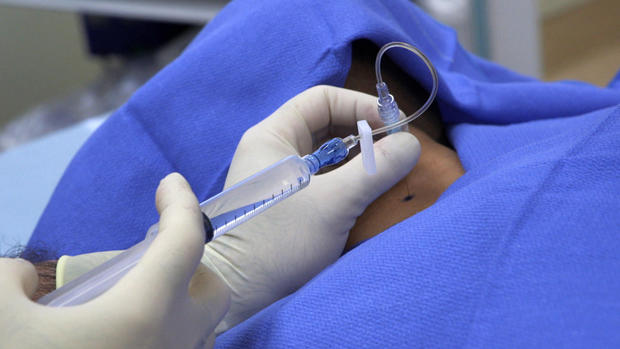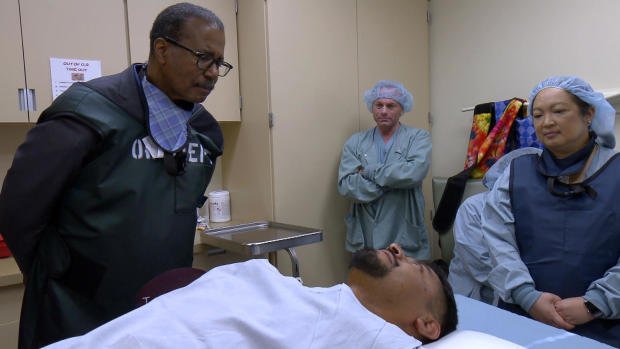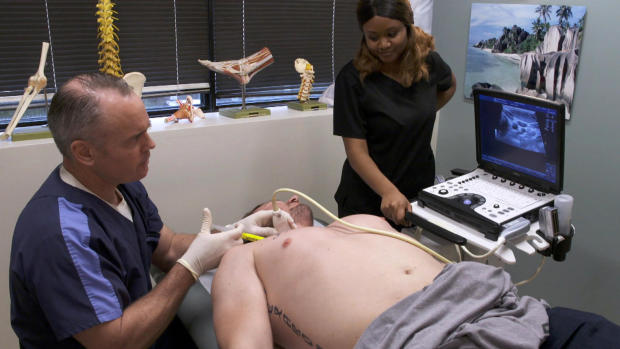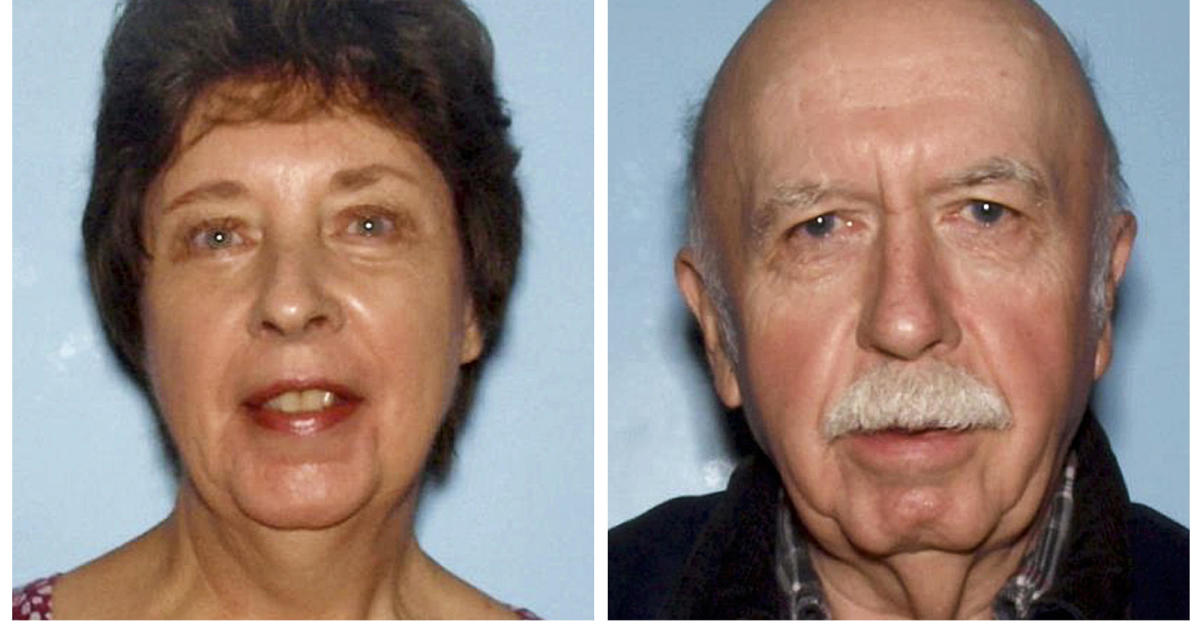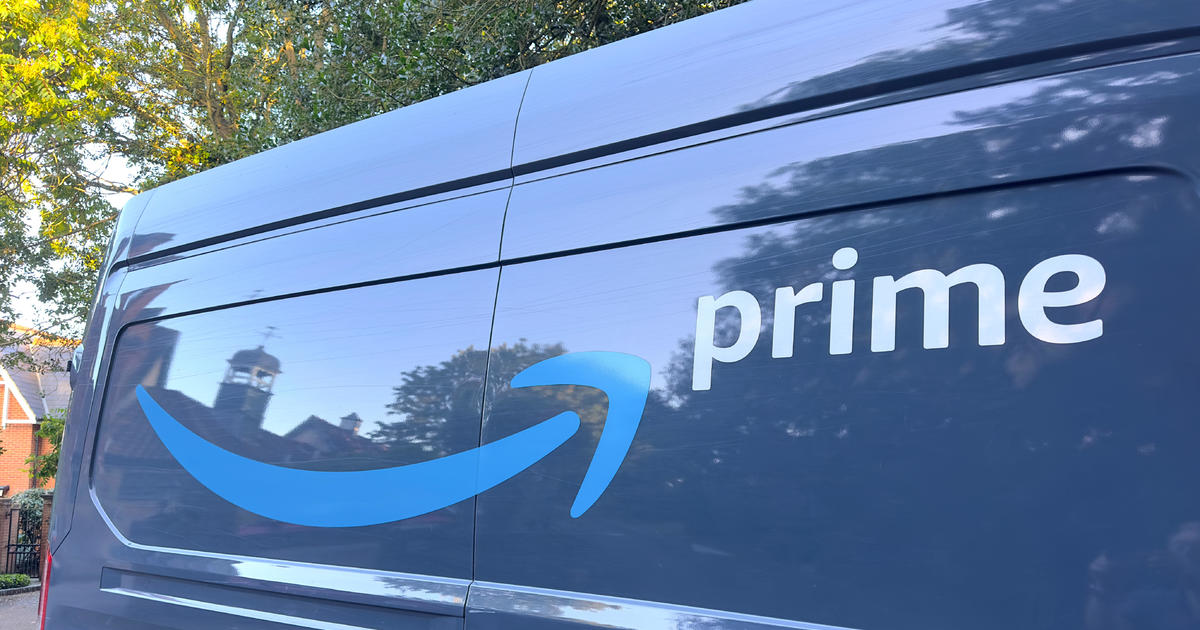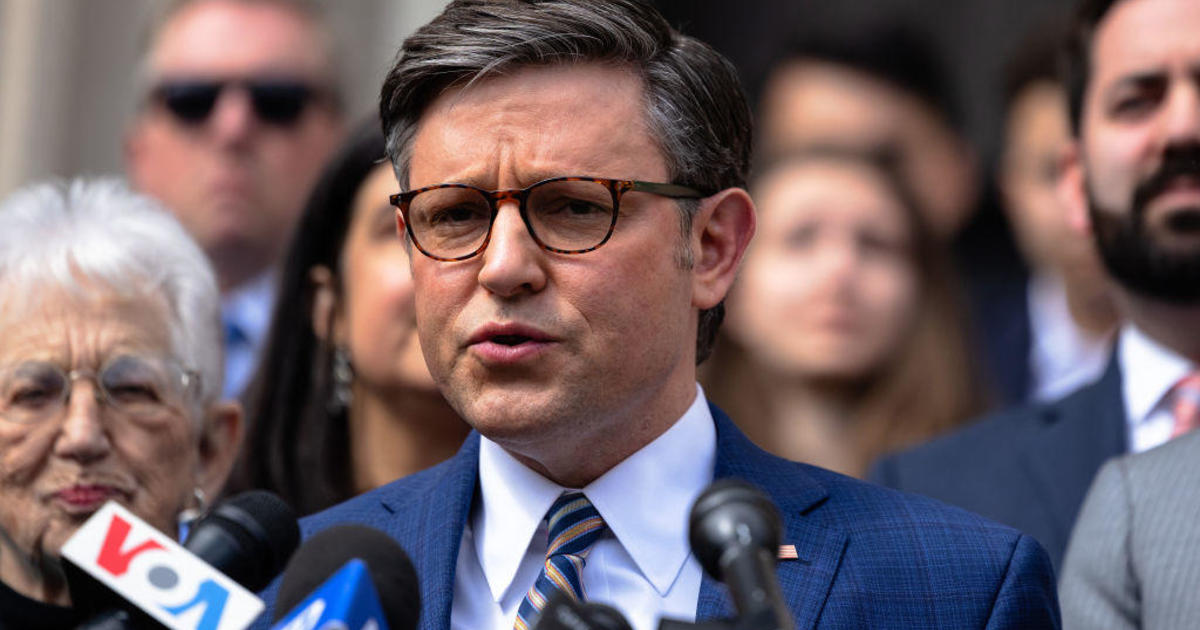New Army-funded research shows promise for PTSD treatment featured on 60 Minutes
Results from a new clinical trial of active-duty service members have shown that an injection in the neck called stellate ganglion block, or SGB, is an effective treatment for post-traumatic stress disorder. The Army-funded trial shows that SGB injections reduced PTSD symptoms at a rate about twice that of a placebo. JAMA Psychiatry published the results Wednesday.
"Finally, we have the definitive randomized controlled trial to demonstrate that stellate ganglion block not only works, but works well enough to be incorporated across the board into PTSD treatment plans," said U.S. Army physician Colonel Jim Lynch. He is a senior author of the study, which was conducted at the non-profit research institute RTI International. "This is a monumental day for the countless victims of PTSD."
During an SGB procedure, a doctor injects a local anesthetic deep into a cluster of nerves in the neck called the stellate ganglion. These nerves help regulate the body's "fight or flight" response, which becomes erratic in people with PTSD.
60 Minutes correspondent Bill Whitaker first reported on the possible SGB breakthrough in June. He spoke with Dr. Sean Mulvaney, a former Navy SEAL who administers the SGB shot in a private clinic. Mulvaney told 60 Minutes Overtime that he's had a tenfold increase in patients looking for an SGB since Whitaker's report aired. He said he has now performed 149 SGB injections in 4 months, including on EMS staff and in childhood trauma cases.
"Many of these folks are just fixed," Mulvaney said. "They weep openly in my office after treatment. They tell me they would not have believed they could feel this way again." He also told us he's treated several veterans who were on the brink of suicide. "Now they tell me they are now not going to kill themselves."
Mulvaney has been asked to help doctors clear the backlog at the Long Beach VA, one of only about a dozen military medical centers where the SGB treatment is offered. Since Whitaker's piece, the Long Beach VA received over 100 requests for treatment. One patient still waiting is Sergeant First Class Jonathan Zehring. Whitaker met Zehring after his first SGB treatment, but Zehring is still waiting for his second injection.
Marine Sergeant Henry Coto has had more luck. He told Whitaker when he first tried SGB, he was at a breaking point. "I thought if I keep going the same way I was going, I- there was only two ways that was going to end — dead or in jail," Coto told Whitaker on the broadcast in June.
At the time, Coto found improvement from two injections. Today, he is looking forward to his third SGB shot next week. "My kids are enjoying their new dad," he said.
